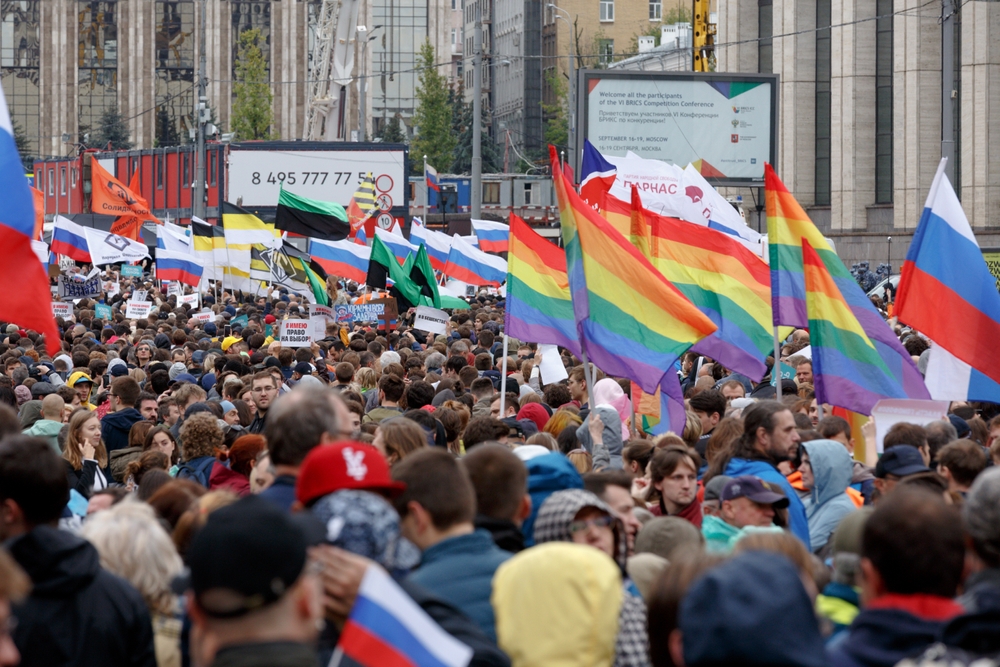State media confirmed the alleged suicide, but advocacy groups like OVD-Info have called for transparency.
Others are reading now
Russia’s policies toward the LGBT community have long been a focal point of controversy.
Framed as a defense of traditional values, these measures have increasingly drawn criticism from human rights advocates worldwide.
Since the introduction of laws banning “LGBT propaganda” in 2013, the country has intensified its stance against non-heteronormative identities, portraying them as threats to Russian culture and morality.
The government’s crackdown has sparked fear among LGBT individuals, pushing many into secrecy and isolation.
Also read
Charged With Extremist Activities
This hostile environment recently came under scrutiny after the death of Andrei Kotov, a 40-year-old Russian travel agent who organized trips for LGBT individuals, .
Kotov was found dead in pretrial detention under circumstances described by officials as a suicide.
Human rights organizations, however, have raised concerns about the treatment he endured while in custody. His lawyer reported that Kotov had been beaten during his arrest last month.
Kotov had been charged with “extremist activities” following Russia’s Supreme Court decision in late 2023 to outlaw what it called the “international LGBT movement.”
This ruling has made it possible to prosecute individuals accused of participating in or supporting the LGBT community. Kotov’s death underscores the growing risks faced by anyone associated with LGBT rights in Russia.
State media confirmed the alleged suicide, but advocacy groups like OVD-Info have called for transparency, questioning whether the official account accurately reflects the events leading to Kotov’s death.
His case has reignited debates over the harsh penalties and treatment of LGBT individuals under Russian law.
The broader implications of these measures are significant. Critics argue that Russia’s policies not only violate human rights but also deepen societal divisions and foster an atmosphere of intolerance.
By targeting LGBT individuals, the government reinforces its ultraconservative agenda, which it frequently portrays as a defense against what it calls Western decadence.


